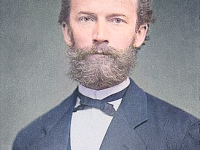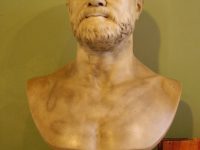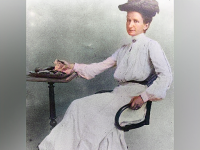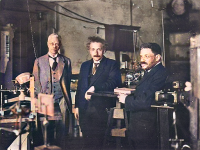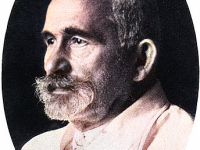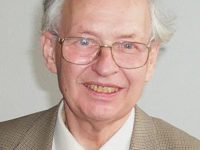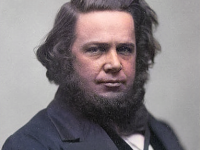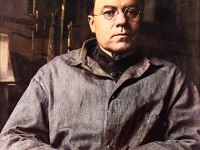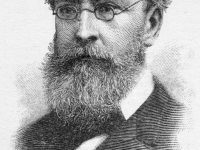Friedrich Kohlrausch and the Conductive Properties of Electrolytes
On October 14, 1840, German physicist Friedrich Wilhelm Georg Kohlrausch was born. Kohlrausch investigated the conductive properties of electrolytes and contributed to knowledge of their behaviour. He also investigated elasticity, thermoelasticity, and thermal conduction as well as magnetic and electrical precision measurements. Youth and Education Friedrich Kohlrausch was born in Rinteln, Germany, the son of Rudolf Kohlrausch, a physicist who introduced the relaxation phenomena and used the stretched exponential function to explain relaxation…
Read more

